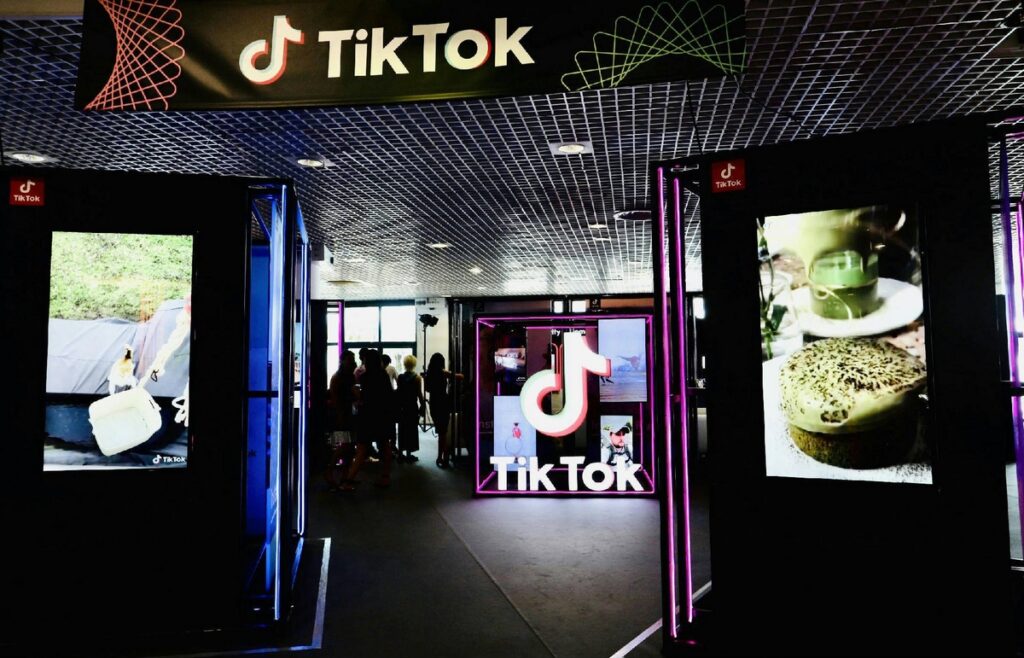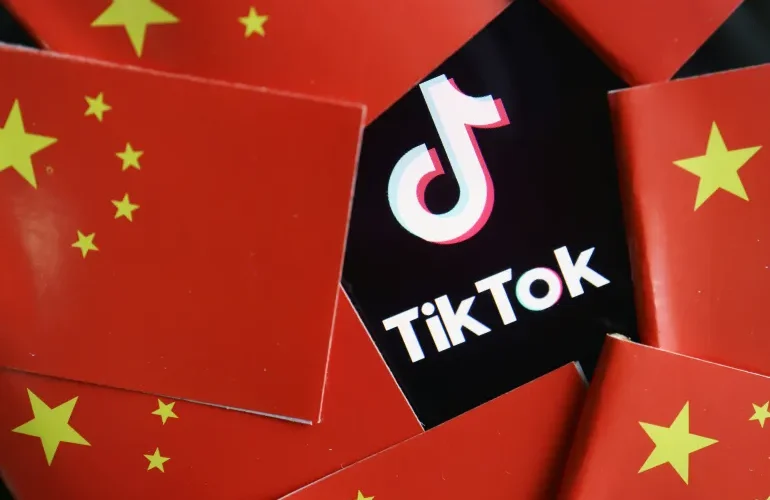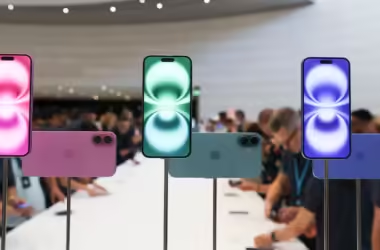On Monday, TikTok will commence its legal fight against a new law that threatens to ban the app in the United States unless its Chinese owner, ByteDance, sells its stake within nine months. This law, enacted by President Biden in April, has ignited a significant legal and political controversy centered around national security and free speech.
The Law and Its Implications
The law in question was introduced amid growing concerns that user data on TikTok could be accessed and exploited by the Chinese government. U.S. officials and lawmakers have expressed apprehension that the app, owned by the Chinese company ByteDance, might pose a risk to American data security and could potentially be used for spreading Chinese government propaganda.
TikTok and ByteDance have staunchly denied any connections to the Chinese government. They argue that the law is not only unjust but also represents an “extraordinary intrusion on free speech rights,” fundamentally challenging the principles of free expression protected under the U.S. Constitution.
TikTok’s Legal Strategy
TikTok will present its case before a three-judge panel at an appeals court in Washington, D.C. The company aims to convince the court that the law is unconstitutional and that it unjustly targets their operations. TikTok, which boasts over 170 million American users, claims that the proposed divestiture or ban would unfairly disrupt the platform and impact countless users who rely on it for personal and professional reasons.
Support from TikTok Creators

In addition to its legal team, TikTok will be supported by a group of eight creators who use the platform to promote their businesses. These creators include a Texas rancher and a Tennessee baker, who argue that TikTok is essential for marketing their products and sustaining their livelihoods. Their testimonies will underscore the personal and economic impact that a potential ban would have on users who depend on the platform.
The Department of Justice (DoJ) will argue that the law is necessary to protect U.S. national security. They will present their case by highlighting the risks associated with TikTok’s ownership and the potential for data misuse. Additionally, DoJ officials and some lawmakers have raised concerns that TikTok could be used by the Chinese government to disseminate propaganda and influence American public opinion.
Opponents of the law, including advocates for free speech, argue that the divest-or-ban measure violates the First Amendment. Xiangnong Wang, a staff attorney at Columbia University’s Knight First Amendment Institute, has criticized the law as setting a dangerous precedent. According to Wang, allowing such a broad restriction on free speech based on undisclosed evidence could embolden authoritarian regimes worldwide to impose similar restrictions on their citizens.
Wang’s organization has filed an amicus brief, a legal document submitted by an interested party not directly involved in the case, to offer additional expertise and influence the court’s decision. This brief argues that the law’s broad nature and lack of specific national security threats make it an unconstitutional infringement on free speech.
Critics of the law, including Wang, argue that lawmakers have been vague about the specific threats posed by TikTok. This lack of clarity raises questions about the law’s legitimacy and whether it can withstand judicial scrutiny. The argument is that without clear and detailed evidence of a specific threat, such a sweeping restriction on First Amendment rights is unprecedented.
Conversely, James Lewis from the Center for Strategic and International Studies (CSIS) believes the law was carefully crafted to withstand judicial review. According to Lewis, the core issue is whether requiring ByteDance to divest its stake in TikTok constitutes a regulation of speech or merely a national security measure. He notes that courts typically defer to the executive branch on matters of national security, which could influence the court’s decision.
The Road Ahead
Regardless of the outcome of the appeals court proceedings, experts predict that this case could extend for months, potentially reaching the Supreme Court. Mike Proulx, vice president and research director at Forrester, emphasizes that the complexity and high stakes of this legal battle mean that resolution is unlikely to be swift. “This is a high-stakes and very complicated conundrum,” Proulx remarks, underscoring that the legal fight could continue well into the future.
The legal clash between TikTok and the U.S. government over the divest-or-ban law represents a critical moment in the intersection of technology, national security, and free speech. As TikTok prepares to make its case, the broader implications of this legal battle will likely resonate beyond the immediate context, influencing future policies on data security and free expression in the digital age.





